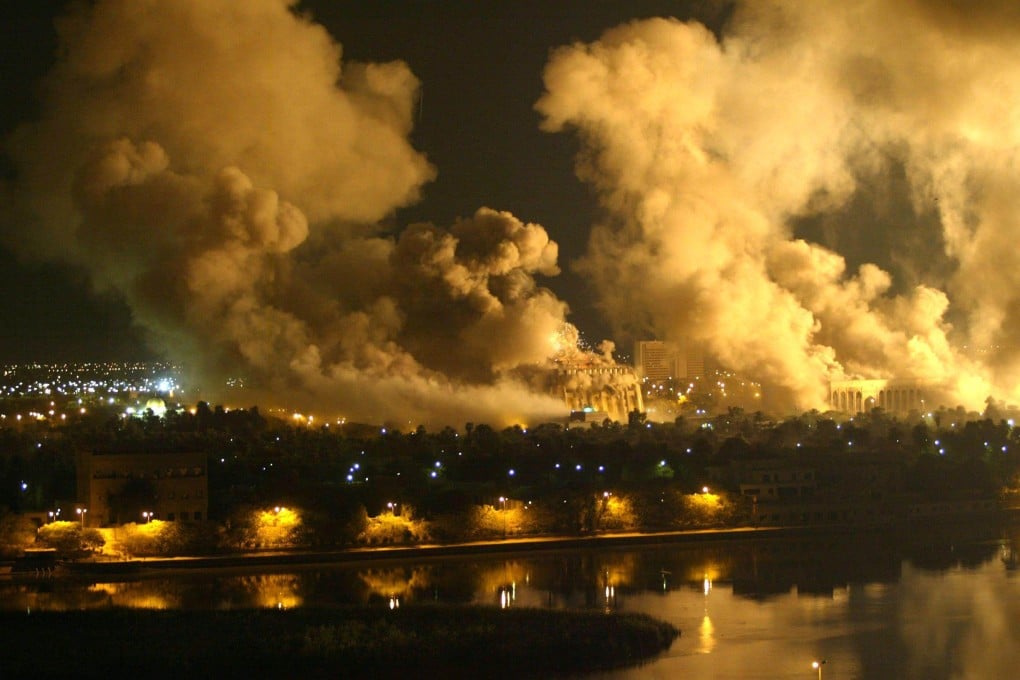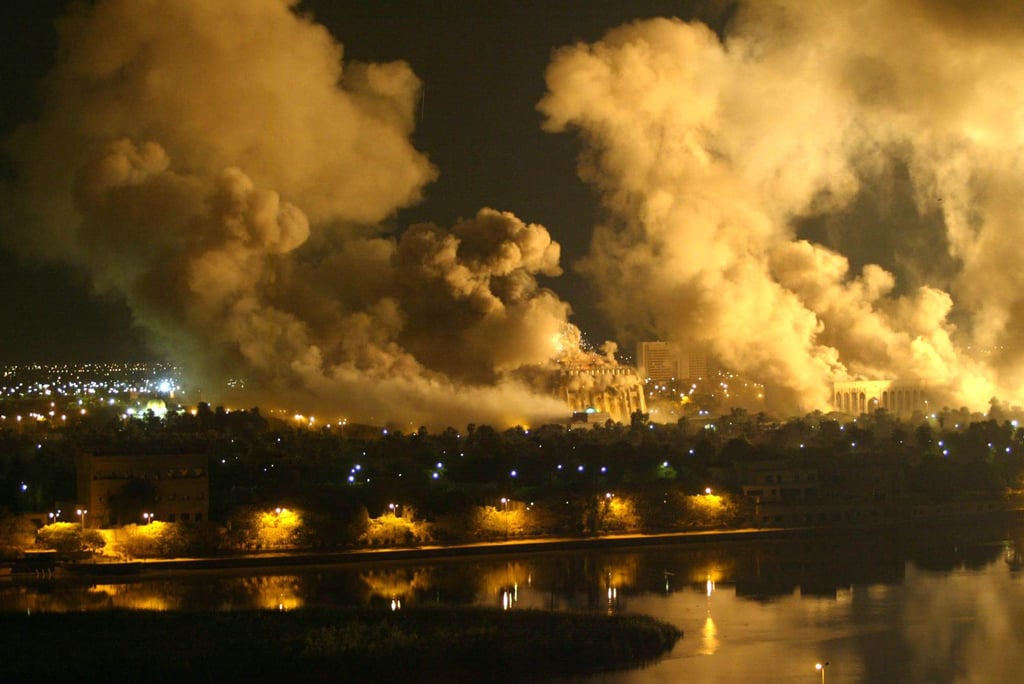My Take | We are all living in the mess the Iraq invasion made
- Countering China, Russia and Iran all at once is pure folly, but the US is forced into this impasse as the terrible legacy of ‘the war on terror’ and the Iraq invasion 20 years ago

Everyone is writing about the 20th anniversary of the US invasion of Iraq, so I might as well join the circus. I could denounce the horrors and war crimes the US invaders visited upon the Iraqi people; the lies and deceptions the George W Bush government used to deceive the American public and the world. Bush tore up the UN Charter as much as Vladimir Putin has done in Ukraine today.
But that’s just too easy, like shooting fish in a barrel. Instead, let’s consider why and how the invasion and occupation have been detrimental to US interests, leading to the current muddle and incoherence in the way contemporary US leaders, whether Republican or Democrat, have responded to real and imaginary threats.
Given the continued, if weakened, preponderance of US global power, the mismanagement and mishandling of those responsible for US foreign policy will also have a terrible impact on the rest of the world, as we are seeing now.
Fighting three enemies at once
The American military is supposedly designed to fight two major wars at the same time, hence its humongous real budget of more than a trillion US dollars a year, as opposed to its much lower nominal figures. It’s not clear whether it’s really capable of fighting on two fronts, and I would hate to find out. But when it comes to diplomacy, even if highly militarised in the usual American style, it’s pretty clear by now that Washington is incapable of confronting three adversaries of varying threat intensity, animosity and capability, all at the same time.
Containing China, Russia and Iran simultaneously is an impossible task. Arguably, it won’t even be able to contain China alone. And yet, that’s precisely what Washington is trying to do.

But why? The ill-conceived Iraq war and the broader “war on terror” have led the US to this impasse. But before we start, let’s quote again a well-known passage from Zbigniew Brzezinski’s The Grand Chessboard: American Primacy and Its Geostrategic Imperatives, as a reference point:
